Our services
Cataract Surgery
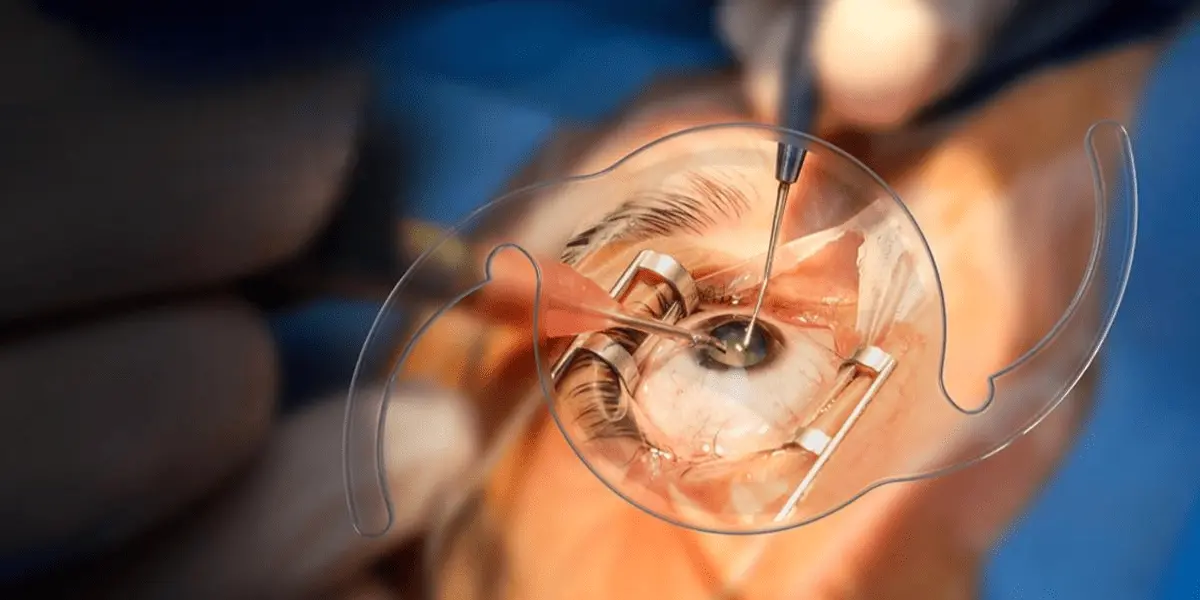
Cataract
Cataract : Causes, Symptoms, and Treatment Options
Cataract is a very common eye condition, especially as we age, that can significantly impact your vision and lifestyle. It occurs when the lens of the eye becomes cloudy, leading to blurred vision and, if left untreated, eventual blindness. Fortunately, cataract surgery is a highly effective treatment that can restore clear vision.
What is a cataract (मोतीबिंदू)?
A cataract forms when proteins in the eye’s lens clump together, creating cloudy areas that impair vision. This process can develop slowly over time and affect one or both eyes.
Causes of Cataracts
The primary cause of cataracts is aging. However, several other factors can contribute to their development, including:
- Genetics: A family history of early cataracts increases your risk.
- Medical Conditions: Diabetes and other chronic diseases can accelerate cataract formation.
- Lifestyle Factors: Smoking, excessive alcohol consumption, and prolonged exposure to UV radiation can increase the risk.
- Medications: Long-term use of steroids and certain other medications can lead to cataracts.
Symptoms to watch for Cataracts can affect your vision in various ways. Some common symptoms include:
- Blurry or cloudy vision
- Difficulty seeing at night
- Sensitivity to light and glare
- Halos around lights
- Fading or yellowing of colors
- Double vision in one eye
- Frequent change of your glass prescription
If you experience any of these symptoms, it is important to schedule an eye examination. Early detection and surgery can significantly improve the outcome and reduce the risk of the surgery.
Treatment Options for Cataracts
The only effective treatment for cataracts is surgery. During cataract surgery, the cloudy lens is removed and replaced with an artificial intraocular lens (IOL). The procedure is typically quick, safe, and highly successful with no need for admission. Here is a brief overview of the process:
- Pre-Surgery Evaluation: A thorough eye examination and measurement of the eye to determine the appropriate IOL.
- Surgical Procedure: Performed on an outpatient basis under local anesthesia. The cloudy lens is removed, and the IOL is inserted. Patient goes home immediately after the surgery.
- Post-Surgery Care: Patients are prescribed drops typically for a month or so. Follow-up visits to monitor healing and ensure optimal vision.
Why Choose Us for Your Cataract Surgery?
At Arham Eye Care, we pride ourselves on providing the highest standard of care for cataract treatment. Here’s why we stand out:
- Advanced Technology: We utilize state-of-the-art equipment for precise diagnosis and treatment.
- Experienced Surgeons: Our experienced and empathetic team led by Dr Hemali Doshi, one of the best cataract surgeons in the city, strives to ensure the best possible outcomes for all our patients.
- Personalized Care: We customize our treatment plans to meet the unique needs and preferences of all our patients
- Comfort and Convenience: Our modern state-of-the-art facility is designed to ensure a comfortable experience for patients and their caretakers.
Choosing the right eye center and an experienced eye doctor in Ghatkopar, Mumbai for your cataract surgery can make a significant difference in your overall experience and outcome.
Refractive Surgery
Refractive Surgery
Refractive Errors: Types, Symptoms, and Treatment Options
Refractive errors are common vision problems that occur when the shape of your eye prevents light from focusing directly on the retina. These conditions make spectacles mandatory for your day to day activities. Fortunately, with advanced technologies, right treatment can render you completely spectacle free, significantly improving your quality of life. In this blog, we’ll explore the types, causes, symptoms, and treatment options for refractive errors, and highlight why choosing the right clinic for refractive surgeries is essential.
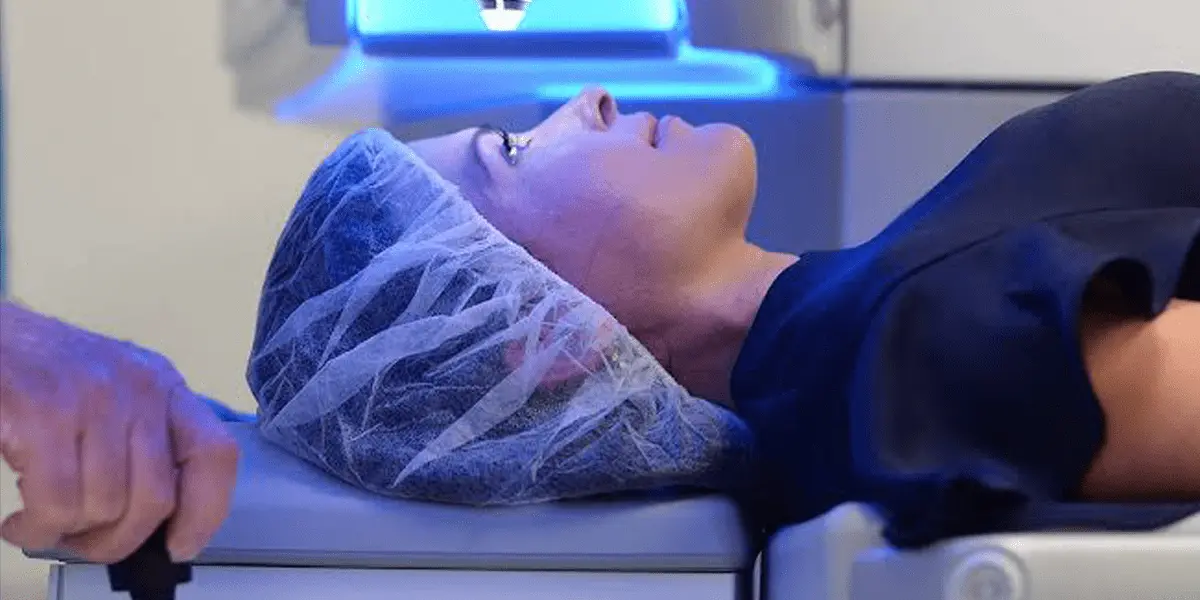
Types of Refractive Errors:
The main types of refractive errors include:
- Myopia (Nearsightedness): Difficulty seeing distant objects clearly.
- Hyperopia (Farsightedness): Difficulty seeing near objects clearly.
- Astigmatism: Distorted or blurred vision at all distances due to an irregularly shaped cornea.
- Presbyopia: Age-related loss of the eye’s ability to focus on nearby objects.
Symptoms to watch for : Refractive errors can manifest in various ways. Common symptoms include:
- Blurred or distorted vision
- Squinting
- Headaches
- Eye strain or discomfort
- Difficulty reading or seeing objects up close or at a distance
If you experience any of these symptoms, it is important to schedule an eye examination.
Treatment Options for Refractive Errors
The primary treatment options for refractive errors include:
- Eyeglasses: The most common and simplest way to correct refractive errors.
- Contact Lenses: Offer a wider field of vision and are a good alternative to eyeglasses.
- Refractive Surgery: Refractive surgeries are now very accurate and cost effective. With the right surgeon, it can significantly improve the quality of life for people with spectacles. Based on a thorough eye evaluation and your unique needs, your surgeon will recommend the right surgical option from the bouquet of different types available such as
- LASIK: A specialized laser to create a thin flap in the cornea and reshape the underlying corneal tissue to correct refractive errors
- SMILE: A relatively newer and more advanced surgery wherein a small lenticule is created inside the cornea using a femtosecond laser, which is then removed through a small incision. It is completely bladeless and flapless.
- PRK: A specialized laser reshapes the cornea to remove your spectacles
- ICL/Phakic IOL: An extremely thin lens is implanted just above the natural lens through a small corneal incision. It is like a permanent intraocular contact lens.
Why Choose Us for Refractive Surgery?
At Arham Eye care, we are dedicated to providing the highest quality care for refractive errors. Here’s why we stand out:
- Experienced Surgeons: Our founder, Dr Hemali Doshi is super-specialized in refractive surgeries. She has been trained under her mentor Dr Sri Ganesh, a renowned ophthalmic surgeon especially known across the globe for his extraordinary skills and innovations in the field of refractive surgery. Also, our empathetic team will relentlessly strive to achieve the best possible outcomes for our patients
- Personalized Care: We customize our treatment plans to meet each patient’s unique needs and vision goals.
- Advanced Technology: We utilize the state of the art diagnostic and surgical equipment to ensure precise and effective treatment.
Choosing the right eye center and an an experienced eye doctor in Ghatkopar, Mumbai for your refractive surgery can make a significant difference in your overall experience and outcome. At Arham Eye Care, we are committed to helping you improve your quality of life with the best possible visual outcome
Glaucoma

Glaucoma
Glaucoma: Causes, Symptoms, and Treatment Options
Glaucoma is a group of eye conditions that can cause damage to the optic nerve, often due to increased pressure in the eye. This damage can lead to vision loss and, if left untreated, can result in blindness. In this blog, we’ll explore the causes, symptoms, and treatment options for glaucoma, and highlight why choosing the right clinic for your glaucoma care is essential.
Types of Glaucoma
There are several types of glaucoma, including:
- Open-Angle Glaucoma: The most common form, where the drainage angle formed by the cornea and iris remains open, but the trabecular meshwork is partially blocked.
- Angle-Closure Glaucoma: Occurs when the iris bulges forward to narrow or block the drainage angle, leading to a sudden rise in eye pressure.
- Normal-Tension Glaucoma: Damage to the optic nerve occurs despite normal eye pressure.
- Congenital Glaucoma: Present at birth due to improper development of the eye’s drainage channels.
Symptoms to watch for
Glaucoma is often called the “silent thief of sight” because it can progress without noticeable symptoms until significant vision loss has occurred. However, some symptoms to be aware of include:
- Loss of peripheral vision
- Tunnel vision in advanced stages
- Severe eye pain
- Nausea and vomiting (associated with acute angle-closure glaucoma)
- Blurred vision
- Halos around lights
- Redness in the eye
If you experience any of these symptoms, it’s crucial to seek medical attention promptly.
Risk Factors for Glaucoma
Glaucoma cannot be cured, it can be managed effectively with the right treatment. Hence early detection and treatment are very crucial for best outcomes for glaucoma. Understanding the risk factors for glaucoma can help you take proactive steps toward preserving your vision. You should get a thorough eye examination if you have any of the following risk factors:
- Age: Being over 60 increases your risk,
- Family History: Having a family history of glaucoma significantly increases your risk.
- Medical Conditions: Diabetes, high blood pressure, and heart disease can elevate your risk.
- Eye Conditions: Severe myopia (nearsightedness) or previous eye injuries.
- Long-term Steroid Use: Prolonged use of corticosteroids, particularly in eye drop form, can increase your risk.
- Ethnicity: Asians and Hispanics are at greater risk of developing glaucoma.
Treatment Options for Glaucoma
The primary goals of treatment are to lower intraocular pressure and prevent further damage to the optic nerve. Treatment options include:
- Medications: Prescription eye drops or oral medications can help reduce intraocular pressure.
- Laser Therapy: Procedures like laser trabeculoplasty or laser iridotomy can improve fluid drainage or reduce fluid production.
- Surgery: Surgical options such as trabeculectomy, glaucoma drainage implants, or minimally invasive glaucoma surgery (MIGS) can create new drainage pathways or reduce fluid production.
Why Choose Us for Your Glaucoma Care?
At Arham Eye Care, we are committed to providing the highest standard of care for glaucoma management. Here’s why we stand out:
- Advanced Technology: We use cutting-edge diagnostic and treatment equipment to ensure accurate diagnosis and effective treatment.
- Experienced Specialists: Our team of glaucoma specialists has extensive experience in managing all types of glaucoma, ensuring the best possible outcomes for our patients.
- Comprehensive Care: We offer a full range of treatment options, from medications and laser therapy to advanced surgical procedures, tailored to each patient’s unique needs.
- Patient-Centered Approach: Our modern, state-of-the-art facility is designed with patient comfort and convenience in mind, ensuring a positive experience throughout your care.
Choosing the right eye care centre and an experienced eye doctor in Ghatkopar, Mumbai for your glaucoma care can make a significant difference in managing the condition and preserving your vision. At Arham Eye Care, we are dedicated to helping you maintain your eye health and quality of life.
Cornea
Cornea
Keratoconus: Causes, Symptoms, and Treatment Options
Keratoconus is a progressive eye disease that affects the cornea, the clear front surface of the eye. It causes the cornea to thin and bulge into a cone-like shape, leading to distorted vision. Early diagnosis and treatment are crucial to managing keratoconus effectively and preserving vision. In this blog, we’ll explore the causes, symptoms, and treatment options for keratoconus, and highlight why choosing the right clinic for your care is essential.
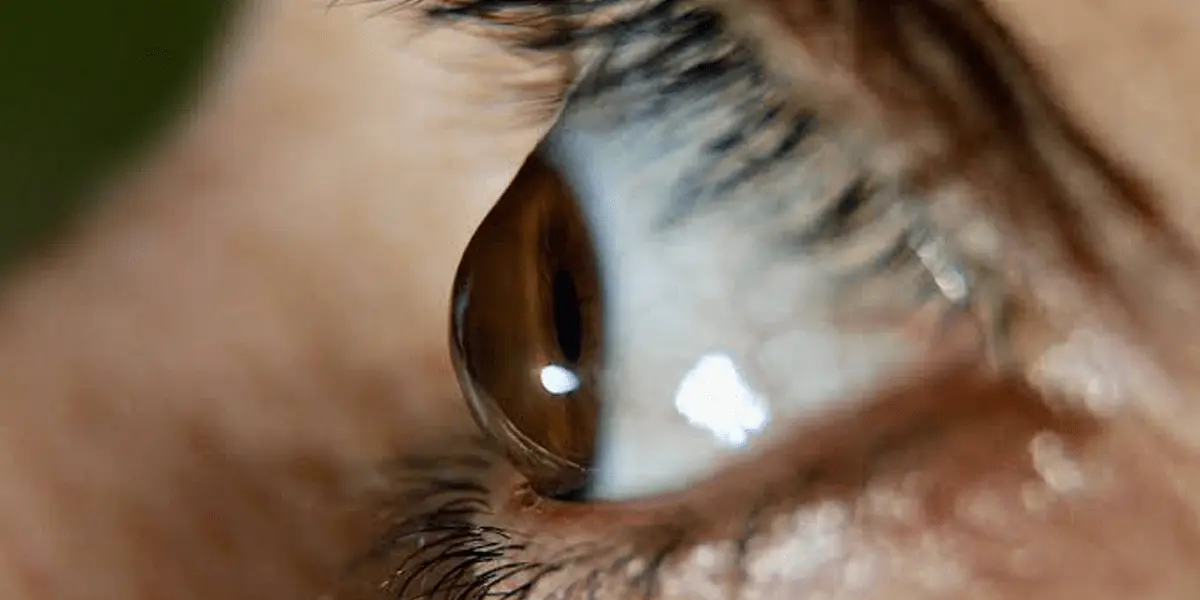
Causes of Keratoconus
The exact cause of keratoconus is not fully understood, but several factors are believed to contribute to its development:
- Genetics: A family history of keratoconus can increase the risk.
- Environmental Factors: Excessive eye rubbing, chronic eye irritation, and allergies may contribute to the condition.
- Medical Conditions: Certain systemic conditions, such as connective tissue disorders, can be associated with keratoconus.
Symptoms to watch for
Keratoconus can cause a range of symptoms that may vary in severity. Common symptoms include:
- Blurred or distorted vision
- Increased sensitivity to light and glare
- Difficulty with night vision
- Frequent changes in glasses or contact lens prescriptions
- Double vision in one eye
- Halos around lights
If you experience any of these symptoms, it’s important to schedule an eye examination. Early detection and treatment can help manage keratoconus and prevent significant vision loss.
Treatment Options for Keratoconus
The treatment for keratoconus depends on the severity of the condition and how it progresses. Options include:
- Eyeglasses and Soft Contact Lenses: Used in the early stages to correct mild vision problems.
- Rigid Gas Permeable (RGP) Contact Lenses: Provide better vision correction for more advanced keratoconus by creating a smooth, regular surface over the irregular cornea.
- Scleral Lenses: Larger lenses that vault over the cornea, resting on the white part of the eye, providing comfort and clear vision.
- Corneal Cross-Linking (CXL): A minimally invasive procedure that strengthens the corneal tissue to halt the progression of keratoconus.
- Intacs: Small, arc-shaped inserts placed in the cornea to flatten it and improve vision.
- Corneal Transplant: In severe cases, a corneal transplant may be necessary to restore vision.
Why Choose Us for Your Keratoconus Care?
At Arham Eye Care, we are dedicated to providing the highest quality care for keratoconus. Here’s why we stand out:
- Advanced Technology: We use state-of-the-art diagnostics and treatment equipment to ensure accurate diagnosis and effective management of keratoconus.
- Experienced Specialists: Our team of highly skilled eye care professionals has extensive experience in treating keratoconus, ensuring the best possible outcomes for our patients.
- Comprehensive Care: We offer a full range of treatment options, from special contact lenses and corneal cross-linking to advanced surgical procedures, tailored to each patient’s unique needs.
- Patient-Centered Approach: Our modern, state-of-the-art facility is designed to provide a comfortable and welcoming environment, ensuring a positive experience throughout your care.
Choosing the right eye care center and an experienced eye doctor in Ghatkopar, Mumbai for your keratoconus treatment can make a significant difference in managing the condition and preserving your vision. At Arham Eye Care, we are committed to helping you achieve and maintain clear, healthy vision.
Vitreoretina
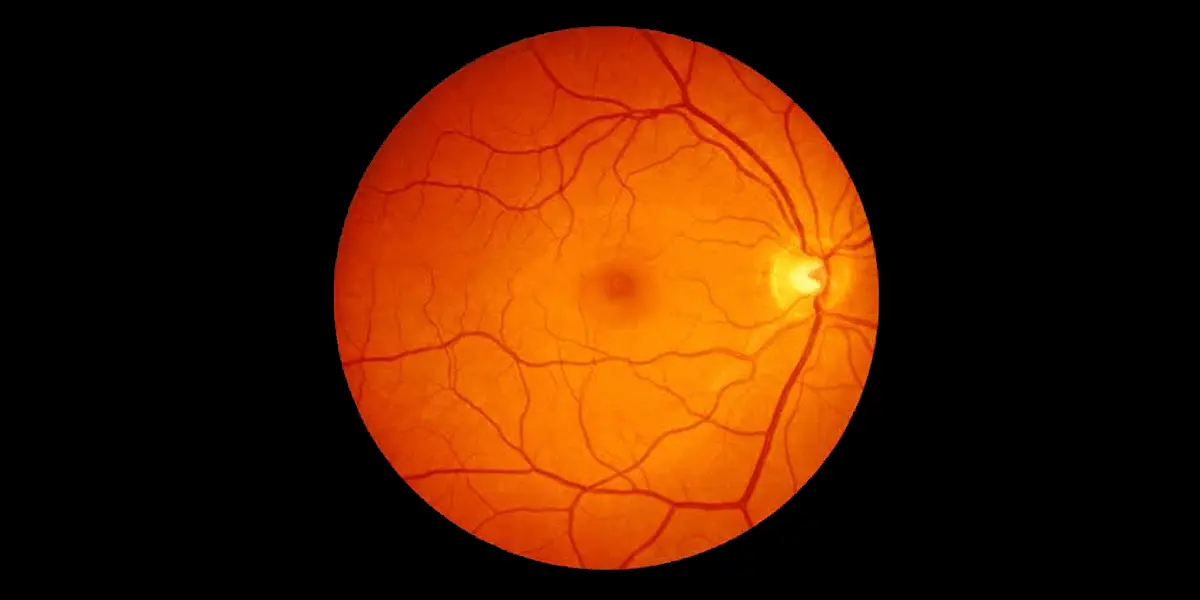
Retina
Understanding Retinal Conditions: Diabetic Retinopathy and Retinal Detachment
The retina is a vital part of your eye that is responsible for converting light into neural signals that are sent to the brain, allowing you to see. Retinal conditions, such as diabetic retinopathy and retinal detachment, can severely impact your vision and quality of life. Early detection and treatment are essential to managing these conditions effectively. In this blog, we’ll explore the causes, symptoms, and treatment options for diabetic retinopathy and retinal detachment, and highlight why choosing the right clinic for your retinal care is essential.
What Is the Retina?
The retina is a thin layer of tissue located at the back of the eye. It contains millions of light-sensitive cells (rods and cones) and other nerve cells that receive and organize visual information. The retina sends this information to the brain through the optic nerve, allowing you to see.
Diabetic Retinopathy
Diabetic retinopathy is a complication of diabetes that affects the blood vessels in the retina. It is a leading cause of blindness among adults. There are two main stages of diabetic retinopathy:
- Non-Proliferative Diabetic Retinopathy (NPDR): In the early stage, the blood vessels in the retina weaken and leak fluid or blood, causing the retina to swell.
- Proliferative Diabetic Retinopathy (PDR): In the advanced stage, new abnormal blood vessels grow on the surface of the retina, which can lead to severe vision loss and complications.
Causes and Risk Factors
Diabetic retinopathy is caused by prolonged high blood sugar levels that damage the blood vessels in the retina. Risk factors include:
- Poorly controlled diabetes
- Long duration of diabetes
- High blood pressure
- High cholesterol
- Smoking
Symptoms to watch for
In the early stages, diabetic retinopathy may not cause noticeable symptoms. As the condition progresses, symptoms may include:
- Blurred or distorted vision
- Floaters or dark spots in your vision
- Difficulty seeing at night
- Sudden vision loss
If you have diabetes, it is essential to have regular eye examinations to detect diabetic retinopathy early and begin appropriate treatment.
Treatment Options
Treatment for diabetic retinopathy aims to stop or slow the progression of the disease. Options include:
- Laser Therapy: Used to seal or shrink abnormal blood vessels.
- Anti-VEGF Injections: Medications injected into the eye to reduce swelling and inhibit the growth of abnormal blood vessels.
- Vitrectomy: A surgical procedure to remove blood and scar tissue from the vitreous gel inside the eye.
Retinal Detachment
Retinal detachment is a serious condition where the retina separates from its underlying supportive tissue. This separation prevents the retina from functioning correctly, leading to vision loss if not treated promptly.
Causes and Risk Factors
Retinal detachment can occur due to:
- Rhegmatogenous Detachment: Caused by a tear or hole in the retina that allows fluid to accumulate underneath.
- Tractional Detachment: Caused by scar tissue on the retina’s surface, pulling it away from the back of the eye.
- Exudative Detachment: Caused by fluid accumulation beneath the retina without a tear or hole.
Risk factors include:
- Severe nearsightedness/Myopia
- Eye injuries
- Previous eye surgery
- Family history of retinal detachment
- Other eye diseases or disorders
Symptoms to Watch For
Retinal detachment is a medical emergency. If you experience any of these symptoms, seek immediate medical attention:
- Sudden appearance of floaters
- Flashes of light in one or both eyes
- A shadow or curtain effect over part of your vision
- Sudden, severe vision loss
Treatment Options
Treatment for retinal detachment typically involves surgery to reattach the retina and restore vision. Options include:
- Laser Surgery (Photocoagulation): Used to seal retinal tears and prevent detachment.
- Cryopexy: A freezing treatment that seals retinal tears.
- Pneumatic Retinopexy: A gas bubble is injected into the eye to push the retina back into place.
- Scleral Buckling: A silicone band is placed around the eye to support the retina.
- Vitrectomy: Removal of the vitreous gel and replacement with a gas or oil bubble to reattach the retina.
Why Choose Us for Your Retinal Care?
At Arham Eye Care, we are dedicated to providing the highest quality care for retinal conditions, including diabetic retinopathy and retinal detachment. Here’s why we stand out:
- Advanced Technology: We use state-of-the-art diagnostic and treatment equipment to ensure accurate diagnosis and effective management of retinal conditions.
- Experienced Specialists: Our team of highly skilled retina specialists has extensive experience in treating a wide range of retinal conditions, ensuring the best possible outcomes for our patients.
- Patient-Centered Approach: Our modern, state-of-the-art facility is designed to provide a comfortable and welcoming environment, ensuring a positive experience throughout your care.
Choosing the right eye care centre and an epxerienced eye specialist in Ghatkopar, Mumbai for your retinal care can make a significant difference in managing your condition and preserving your vision. At Arham Eye Care, we are committed to helping you achieve and maintain clear, healthy vision.
Pediatric Eye Care
Pediatric Eye Care
Pediatric Eye Care: Ensuring Bright Futures with Healthy Vision
Children’s vision is crucial for their overall development and learning. Early detection and treatment of eye problems can prevent long-term issues and ensure they have the visual skills necessary for their growth. At Arham Eye Care, we specialize in pediatric eye care, offering state-of-the-art facilities and expert care for young patients.
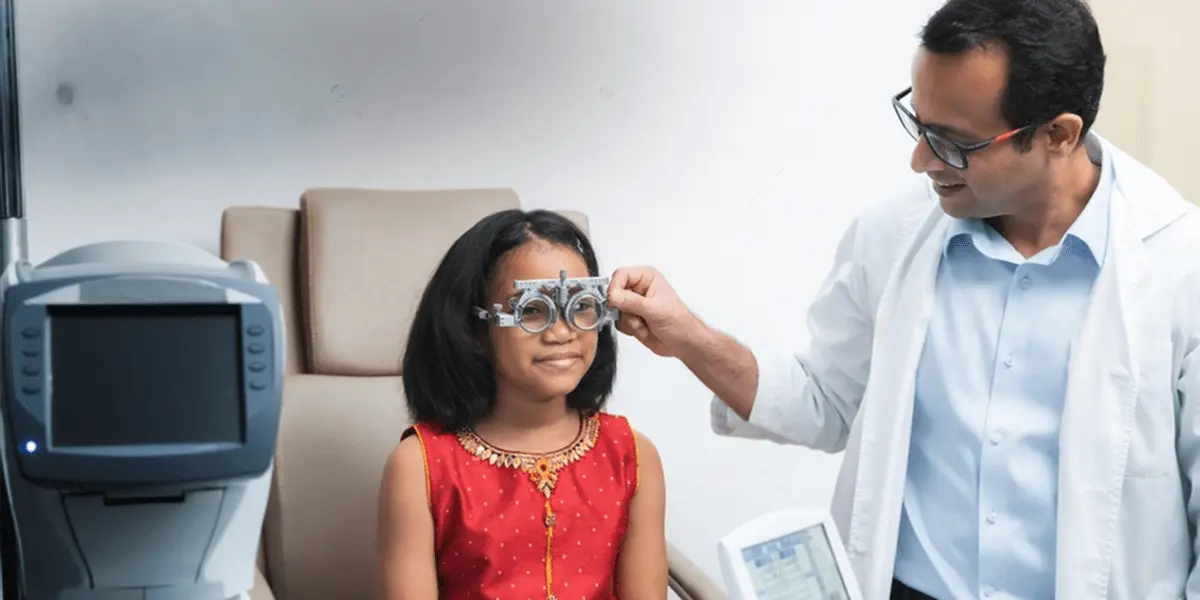
Common Pediatric Eye Conditions
1. Pediatric Refractive Disorders
Refractive errors, such as nearsightedness (myopia), farsightedness (hyperopia), and astigmatism, are common in children. These conditions occur when the shape of the eye prevents light from focusing directly on the retina, leading to blurred vision.
Symptoms of Refractive Errors:
- Squinting
- Frequent headaches
- Difficulty reading or seeing distant objects
- Sitting too close to the TV or holding books too close
Regular eye exams are essential to detect and correct these issues with prescription glasses or contact lenses, ensuring your child’s vision is clear and comfortable.
- Lazy Eye (Amblyopia)
Amblyopia, commonly known as lazy eye, is a condition where one eye develops better vision than the other. If left untreated, the brain starts to favor the stronger eye, leading to poor vision in the weaker eye.
Symptoms of Amblyopia:
- One eye wanders inward or outward
- Poor depth perception
- Squinting or shutting one eye
- Head tilting
Treatment may include corrective eyewear, patching the stronger eye to strengthen the weaker one, or vision therapy to improve eye coordination and focus.
- Squint (Strabismus)
Strabismus, or squint, occurs when the eyes are misaligned and do not look in the same direction. This condition can affect depth perception and lead to amblyopia if not treated.
Symptoms of Strabismus:
- Eyes that do not move together
- Double vision
- Uncoordinated eye movements
- Head tilting
Treatment options include eyeglasses, prism lenses, vision therapy, and in some cases, surgery to align the eye muscles.
Other pediatric conditions include congenital glaucoma, pediatric cataract, Retinopathy of prematurity, allergic disorders, etc.
Advanced Pediatric Eye Care at Arham Eye Care
We understand the unique needs of children’s eye care. Our clinic is equipped with advanced technology and our pediatric ophthalmologists are experienced in diagnosing and treating a wide range of eye conditions in children. Our center is one of the most trusted eye care center in Ghatkopar, Mumbai
Why Choose Us?
- Child-Friendly Environment: Our clinic is designed to make children feel comfortable and at ease during their visits.
- Advanced Diagnostic Tools: We use the latest technology to accurately diagnose eye conditions in children.
- Expert Care: Our team of pediatric ophthalmologists is highly trained and experienced in treating children’s eye problems.
Comprehensive Services: From routine eye exams to specialized treatments and surgeries, we provide a full spectrum of pediatric eye care services.
